– The plans for last year's big Ukrainian counter-offensive were leaked early, and the offensive was an abject failure. This year, everyone expected the Ukrainians to mount an active defence. Were you surprised by the Kursk incursion?
– Well, it surprised me, but it also surprised the Russians and even the Ukrainians' Western allies. This time, having learned from last year's experience when all their plans were leaked, Kyiv did not consult anyone. Back then, the Russians already knew the main strategic direction of the counter-offensive, the timing of its launch, and the pace of training and arming the new units. According to press reports, this time the details were only shared with a narrow circle within Ukraine's military leadership, with the deployed troops being informed just a day or two before the operation. So, they did an excellent job of keeping their plans a secret.
– Is it really possible that the Western allies, who always assist the Ukrainians with intelligence, did not know about the attack in advance?
– Western intelligence wasn't necessarily needed; the Ukrainians have their own reconnaissance capabilities. I think it’s quite possible that they didn’t inform the Americans this time—precisely because they’ve already been 'burned by them' once.
After what happened, the Ukrainians may feel that their Western allies cannot keep secrets and cannot be fully trusted.

– How come the Russians were so unprepared for this offensive?
– Judging from posts shared by Russian military bloggers, the Russians saw that something was brewing, and they did report to Moscow Ukrainian military activity in areas around to Kursk. However, they thought it was just a form of pressure. Or they may have thought that the Ukrainians were just preparing for defence, fearing another Russian incursion in the region.
– Why was the Russian defense line so paper-thin?
– Because the resources of both sides were extremely stretched. Most of the Russian forces are tied up in the Donbass. The Ukrainian operation has already proved that the Russians have no strategic reserves. This area was indeed poorly defended, guarded mainly by conscripts who were unprepared to fend off such an attack. No wonder they surrendered en masse without any particular resistance. Besides them, only border guards and Chechen forces - who previously cooperated with the Wagner Group and integrated many of its former members - were stationed in the area. However, the defense line was not just weak regarding the mounted personnel; besides a few trenches against military tanks it was short of anything else. But why? Partly because it's a populated area, so they were unable to carry out any significant fortification work, or plant land mines.
It's also worth a mention that there area used to have a council in charge of coordinating the army and other paramilitary formations and internal affairs agencies, but it was disbanded a few months ago by Russian General Alexander Lapin.
In their assessment, there was no need for it because the region was not under threat, at least not to a degree that the army could not handle by itself.
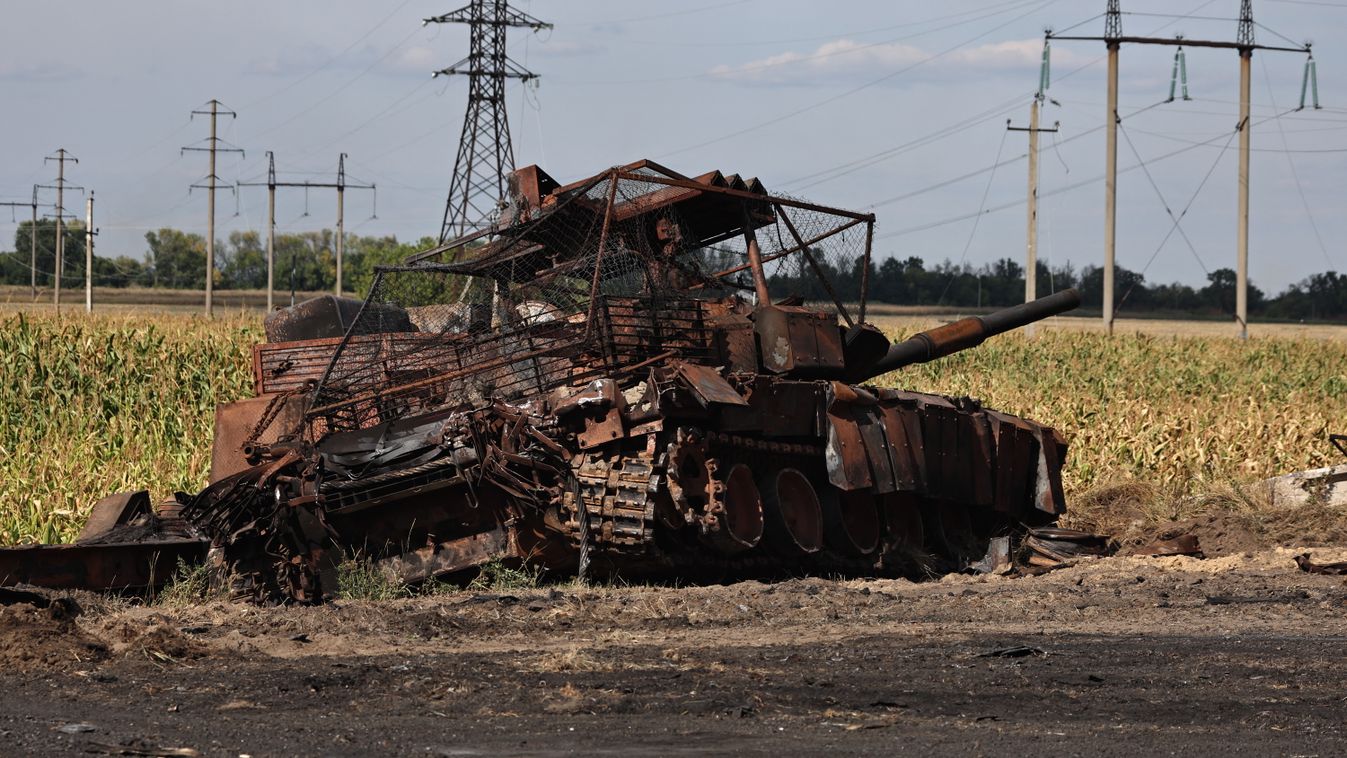
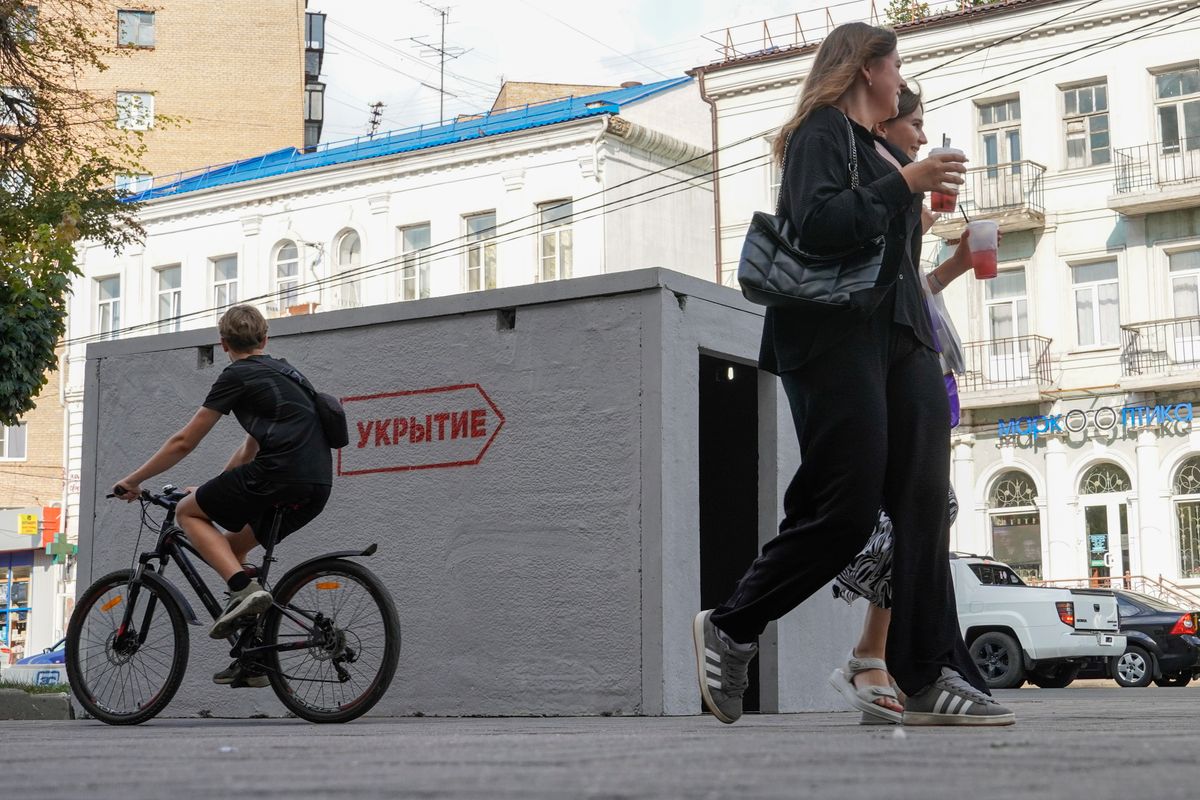
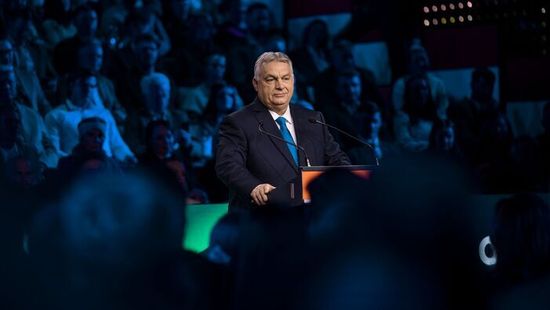


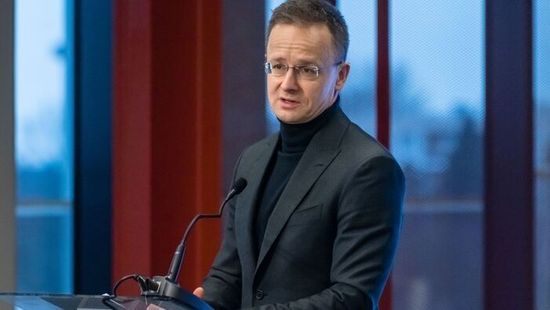

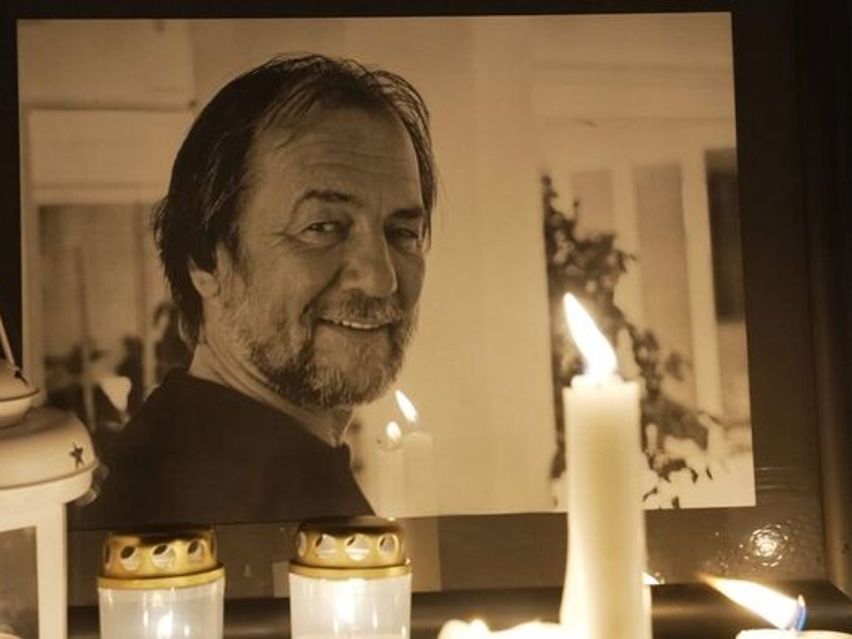
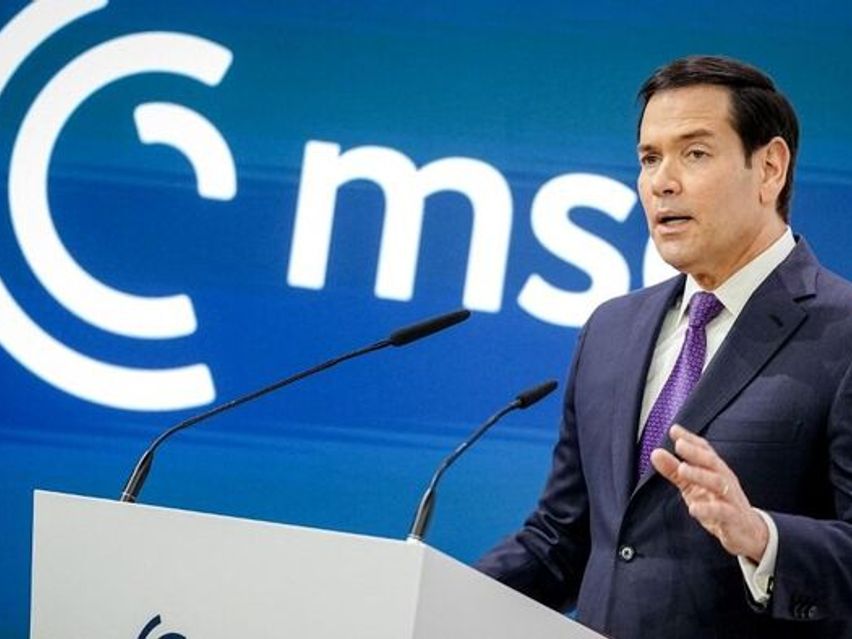
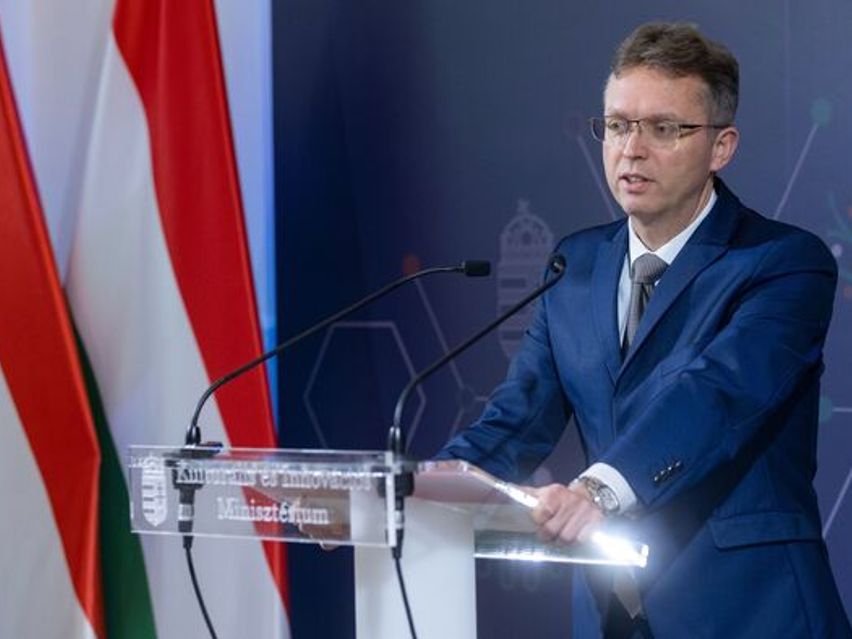


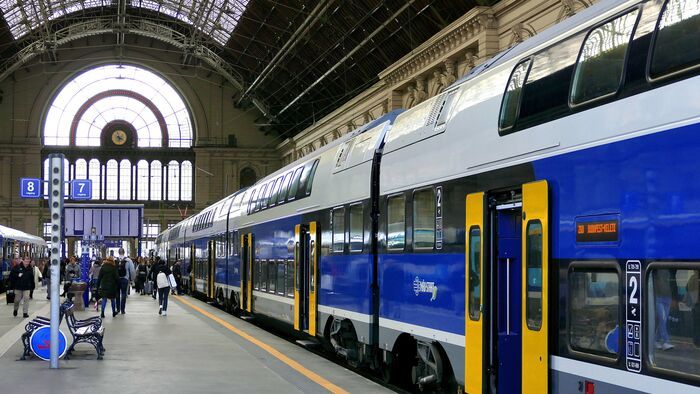

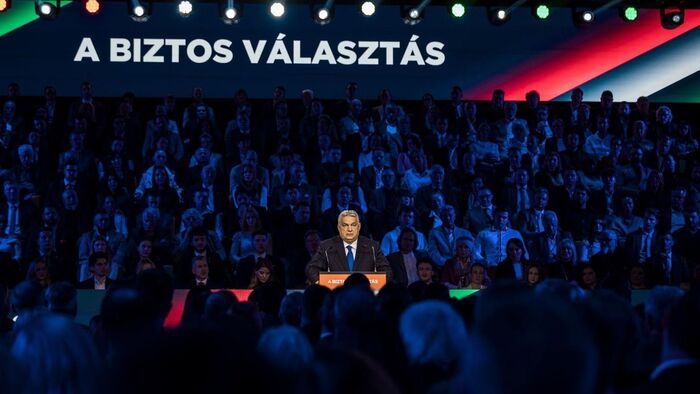
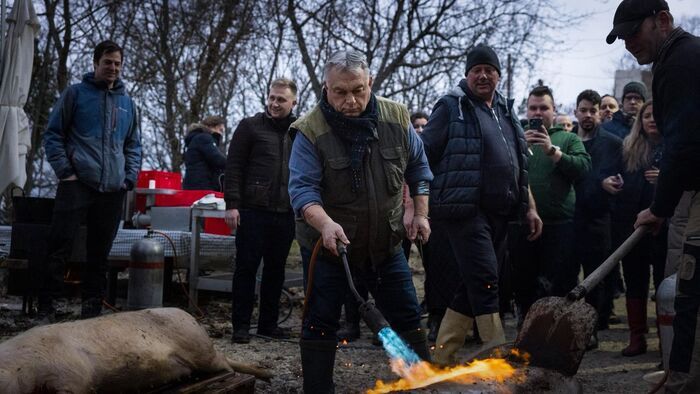

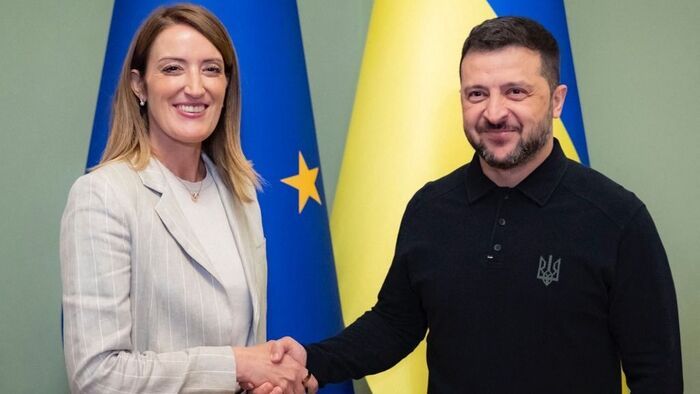
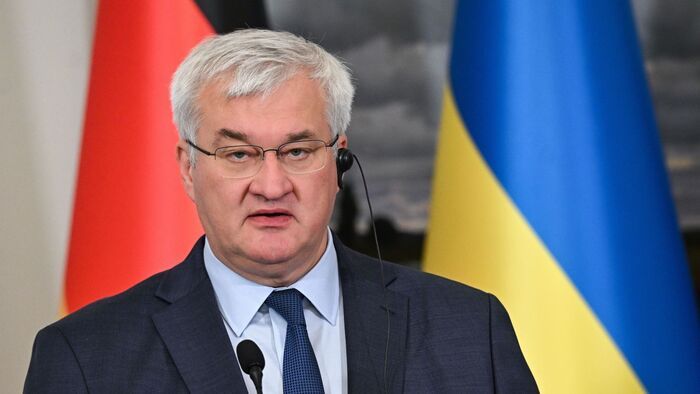

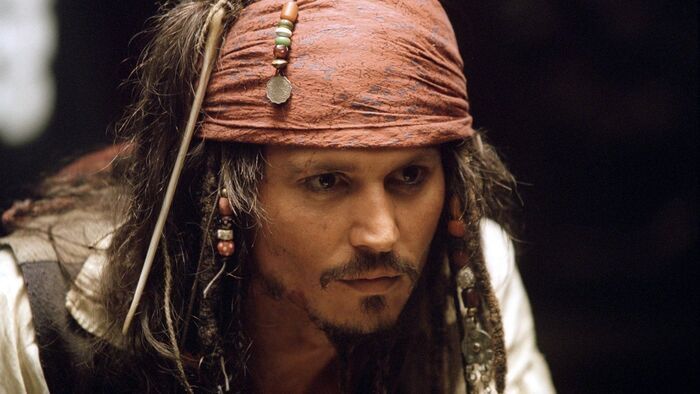
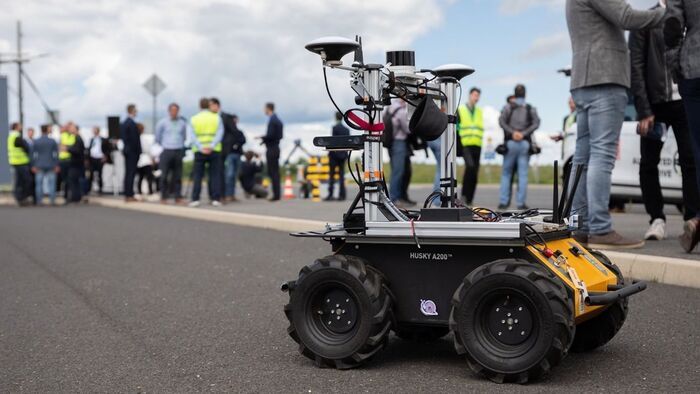


Szóljon hozzá!
Jelenleg csak a hozzászólások egy kis részét látja. Hozzászóláshoz és a további kommentek megtekintéséhez lépjen be, vagy regisztráljon!